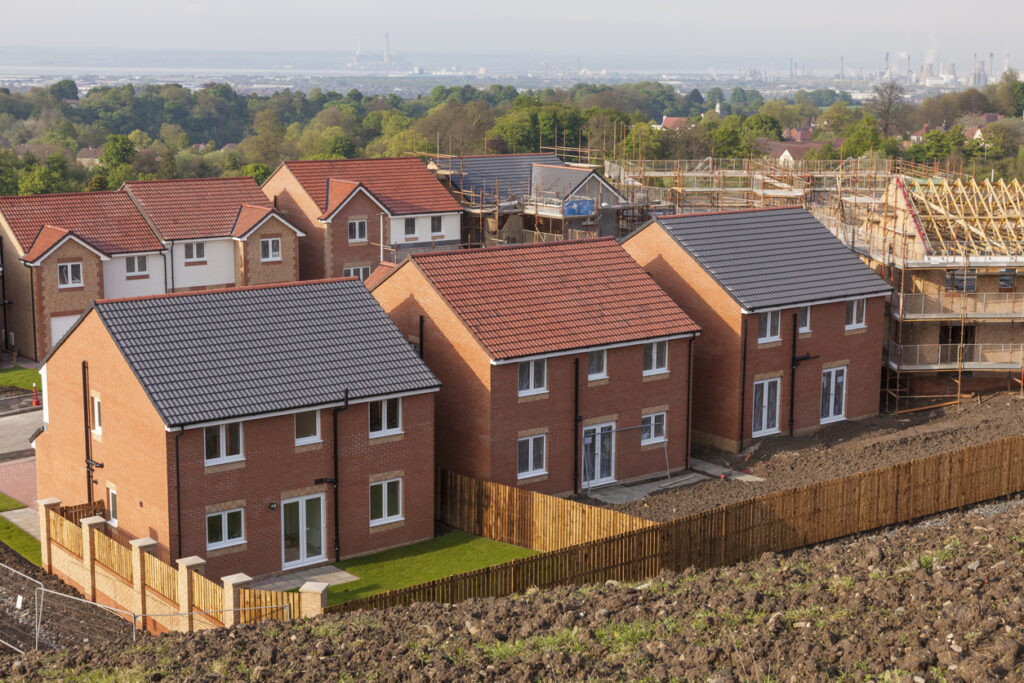The Joint Contracts Tribunal (JCT) and the Chartered Institute of Arbitrators have launched the JCT Dispute Adjudication Board (DAB) as a new potential dispute resolution method.
What is a Dispute Arbitration Board?
JCT describes the aim of the DAB as being “to provide a framework for parties to identify and resolve potential problems and disputes early on to avoid costly litigation and damaging of project relationships”.
A typical DAB will comprise of a panel of either one or three independent experienced construction specialists. Throughout the duration of a project, a DAB will make decisions on potential problems and disputes which will be binding on the parties until finally determined, if necessary.
The DAB will attend meetings and site visits with the parties throughout the project, therefore intending to develop and nurture a trusting relationship between the parties and to provide the DAB with an opportunity to understand and familiarise itself with the site and the project. The key emphasis of this procedure is to work together to try to resolve issues without the need to make a formal referral to the DAB for a binding decision.
If a dispute does arise between the parties, either party may give notice of its intention to refer a dispute to the DAB, and the referral must then be served within seven days. The DAB will then have 28 days to issue its decision. Sound familiar? This is because the DAB procedure is aligned with the procedure for statutory adjudication which has been used successfully as a dispute resolution mechanism for over two decades!
When can the Dispute Arbitration Board be used?
The DAB is designed for use with the JCT Design & Build Contract and the JCT Major Project Construction Contract, both of which are generally suitable for larger scale, complex and long-term projects.
It is considered that the nature and scope of projects carried out under these forms of contract will ensure that the costs of the DAB will be proportionate to the size and value of the project.
How is a Dispute Arbitration Board set up?
JCT has produced a document pack which consists of a set of rules and a tripartite agreement between the employer, the contractor and the DAB member(s).
The DAB Rules can be incorporated into the JCT forms of contract, which serves to bind the employer and the contractor to the DAB process.
The parties are free to decide whether the DAB panel will consist of one member or three members. A panel of three may be preferred to instil a sense of impartiality and to ensure that there is a diverse range of skillset, experience and knowledge amongst the panel.
Can a Dispute Arbitration Board be terminated?
Once the DAB is in place, it can only be terminated by mutual agreement of the parties. This means that one party cannot simply decide that it no longer wishes to comply with procedure and the DAB’s decision(s). This highlights the key function and purpose of the DAB – a proactive approach to dispute avoidance and resolution through the duration of a project and beyond completion.
Does the Dispute Arbitration Board impact the parties’ statutory right to adjudicate?
Under the Construction Act, parties have a right to refer a dispute under a construction contract to adjudication at any time.[1]
It raises the question as to whether the industry will welcome the new JCT DAB process with open arms when there is already a statutory right of adjudication.
However, the JCT DAB process can offer more than that offered by the statutory adjudication process. It is not intended that the DAB will simply decide a dispute. Instead, there is a primary focus on the DAB, as an independent expert panel, offering guidance throughout the life of a project to assist in avoiding disputes in the first place, saving the parties both significant time and money.
We’re here to help
The uptake of the new DAB process remains to be seen, so for now, watch this space!
In the meantime, if you want to find out more about how you might be able to include the DAB process in your building contract, and the benefits this can bring, contact Laura Taylor in our construction team for advice and support.
Our construction team is ranked as a Top Tier Firm in the Legal 500 2021 edition.
Our updated guide to recovery and resilience covers everything you need to navigate your way out of lockdown, unlock your potential and make way for a brighter future. Further advice in relation to COVID-19 can be found on our dedicated coronavirus resource hub.
From inspirational SHMA Talks to informative webinars, we also have lots of educational and entertaining content for life and business. Visit SHMA® ON DEMAND.








